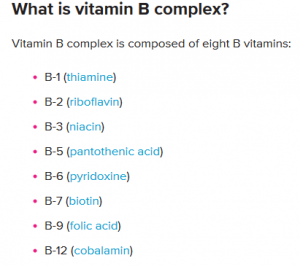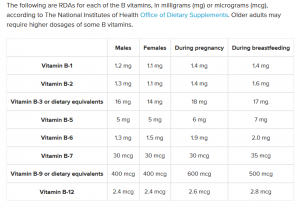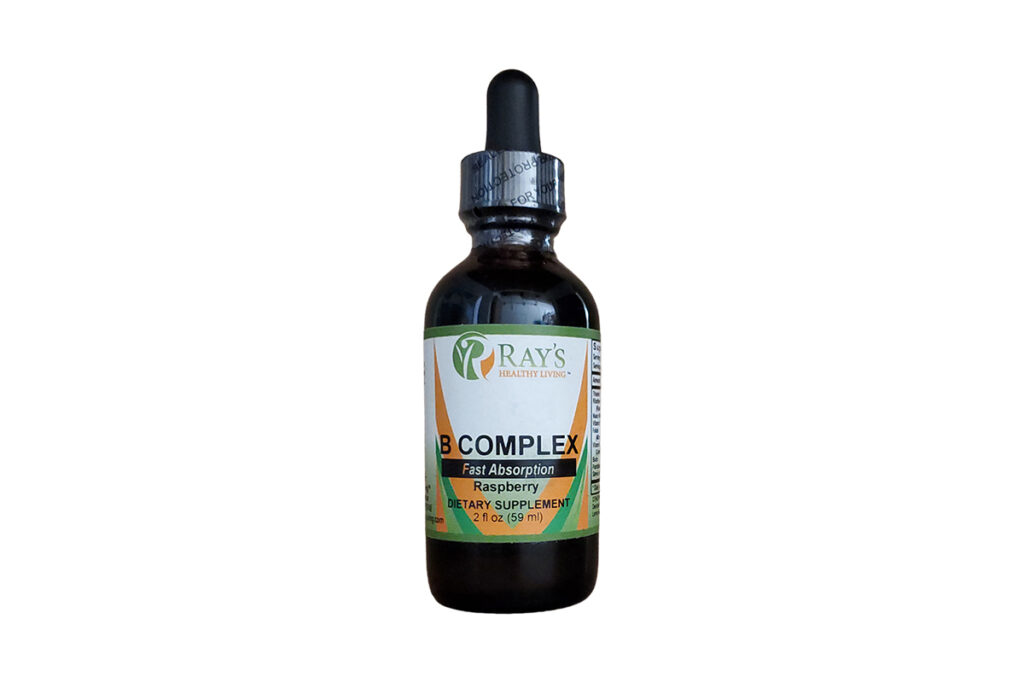Vitamins are groups of organic compounds that are essential for the growth of proper running of human bodies. They are required in small quantities that have to be taken in through diet or by way of supplements as the human body cannot synthesize them. It is important to maintain their intake either through food or natural vitamin b complex supplement. Deficiency of these vitamins result in stunned and underdeveloped growth in children, physiological malfunctioning and diseases in adults.
There are two types of vitamins – water soluble and fat soluble.
Vitamins B and C are water soluble while vitamins A, D, E and K are fat soluble.
Of these Vitamin B is the most intriguing of the lot because it does not refer to a single vitamin but a group of 8 vitamins. This is the reason it is commonly referred to as Vitamin B Complex.

Ref: https://www.healthline.com/health/food-nutrition/vitamin-b-complex
Importance of B complex for women
B Complex is extremely important for both pregnant women and lactating mothers. The vitamin group is crucial to fetal brain development in pregnant women and also helps reduce birth defect risks. It is also instrumental in boosting energy levels, ease preeclampsia and nausea in expectant mothers.
Importance of B complex for men
B complex has been studied to help increase testosterone levels in men that naturally diminishes with age. It also aids in building muscles and increasing their strength.
Broken down individually the benefits of the 8 vitamins in the group are as follows:
1. B1 or Thiamine: Play important role in body metabolism by converting nutrients to energy. It is found abundantly in sunflower seeds, wheat germs and pork.
2. B2 or Riboflavin: Acts both as an antioxidant and converts food to energy. Found abundantly in mushroom, beef and organ meat.
3. B3 or Niacin: Plays a crucial role in DNA production and its repair, cellular signaling and overall metabolism. Its food sources include lentils, tuna and chicken.
4. B5 or Pantothenic Acid: It is actively involved in cholesterol and hormone production apart from converting food to energy. Sources include avocado, yogurt, fish and liver.
5. B6 or Pyridoxine: Pyridoxine is actively involved in the metabolism of amino acid, red blood cell formation and generating neurotransmitters. Its dietary sources include potatoes, chickpeas and salmon.
6. B7 or Biotin: Essential for fat and carbohydrate metabolism and gene expression regulation, it can be obtained from eggs, cheese, salmon and liver.
7. B9 or Folate: Needed for white and red blood cell formation, amino acid metabolism and cell growth and division. It is available in food sources like beans, leafy greens and liver.
8. B12 or Cobalamin: It is the most well-known of the 8 and is vital for all neurological functions It also actively participates in red blood cell and DNA production. It can be obtained from dairy products, eggs, seafood and meat.
As per the Recommended Dietary Allowances (RDA) by the Institute of Medicine (IOM) of the National Academies (United States).

Ref: https://www.medicalnewstoday.com/articles/324856.php
Apart from the dietary sources, the right proportion of all the 8 vitamins in the group can be taken in orally by way of natural supplements available at stores that sell nature-based products as Ray’s Healthy Living. Check out https://dev.myvtd.site/rayshealthyliving/product/b-complex/.



